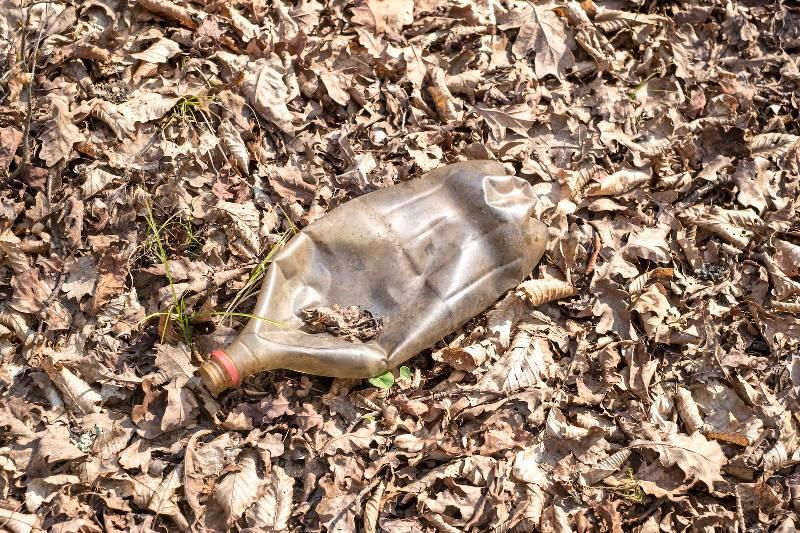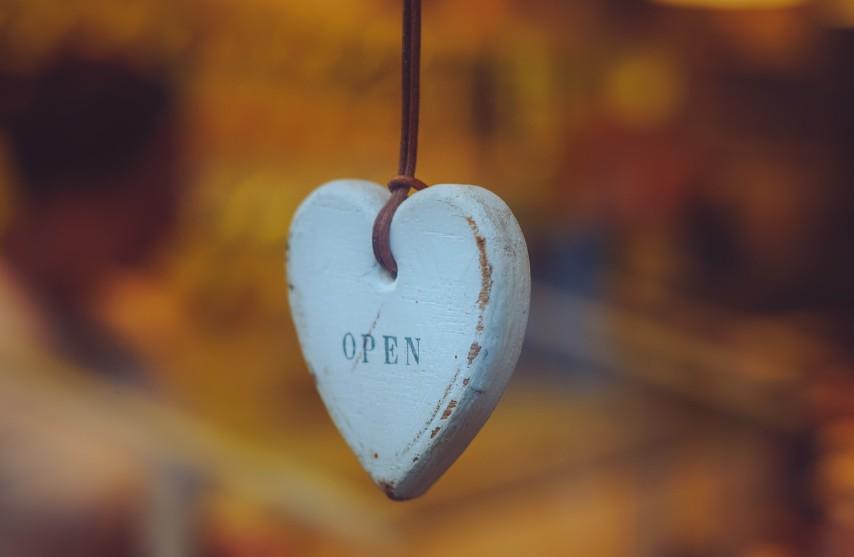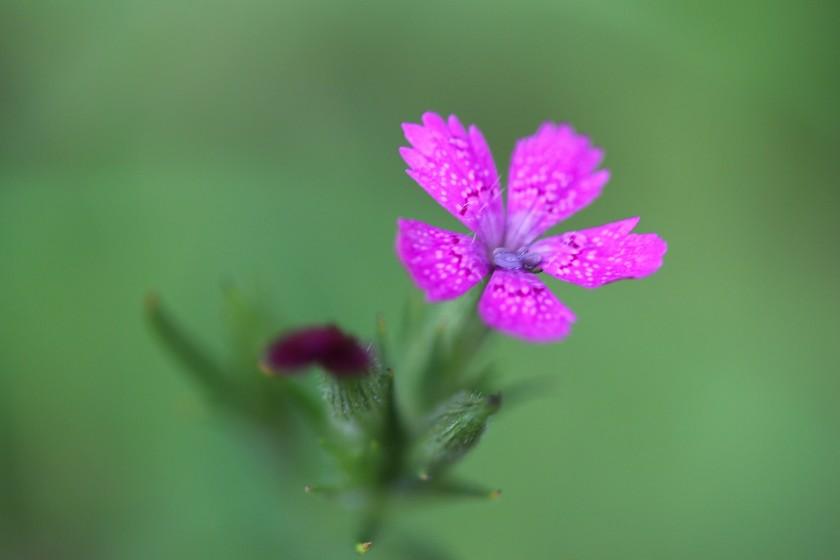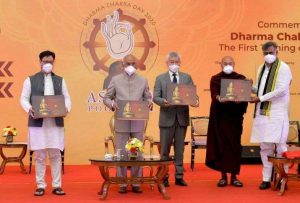
It was one of those little things that I’ll never forget. I was in my twenties and attending a week-long poetry retreat in the remote Scottish Highlands. Our tutor, Adrian Mitchell, was leading us on a walk through the moors. As we left the house behind us, he spotted something bright on the other side of a stream. Maybe it was an empty crisp packet—I can’t remember. He paused his conversation, jumped over to the far bank, picked up the packet, and slid it into his pocket.
I remember feeling faintly surprised that he’d gone out of his way to pick up someone else’s rubbish. It wouldn’t have occurred to me. I was young and it wasn’t “my job” to clear crisp packets from the Scottish moors while on holiday. I had got to know Mitchell over the preceding days, and as well as loving his poetry I had come to very much admire him as a person. He was an exceedingly kind man. He took extra time with those students who were struggling, and I could feel that he cared about us all. I wanted to be more like him. If he had the impulse to pick up random rubbish, then I wanted to have that impulse too.
Now I am in my late forties, and I can see the scene through his eyes. We were walking through a wild landscape—no people, no houses, just the muted colours of heather, grasses, and earth. The bright scrap of plastic was an eyesore—a human-made thing that didn’t belong. Of course, it didn’t matter that he hadn’t dropped the empty packet. Of course he should quietly remove it from the bleak beauty that was all around us. Why wouldn’t he?
In these times of global heating and ecological emergency, our Earth needs us to care for her more than ever. When he tidied the rubbish, Mitchell was embodying kindness. How can we cultivate that kind of unconscious kindness in ourselves and in each other? What might Buddhism have to say about how we could go about it?
My first thought is of Dharma transmission. As Buddhists, we learn the truth of things-as-they-are by osmosis. We may study the sutras and develop a personal relationship with the Buddha, but most of my own learning has come through seeing the Dharma embodied by the people around me. Often, I see this Dharma in my Buddhist teachers, or in great teachers from other spiritual traditions. Sometimes I see it in those “ordinary” folk around me, doing something simple like sharing their vulnerability or being kind to a spider.

Buddhist practice, if we are doing it properly, should help us to open our hearts. When we spend time around someone whose heart is open, our own heart recognises something that it wants too, and begins to think about unclenching just a teensy bit. This is how Amitabha Buddha made the Pure Land—their infinite wisdom and compassion had an effect on the beings around them and everything, even the trees and grass, began to shine. As human beings, we provide a less reliable vehicle or vessel for the Dharma, but we can still hold enough of it to rub off on other people. I caught a little bit of the Dharma from Mitchell when I felt a desire to emulate his kindness.
So, let’s say we catch the Dharma from each other, like a good virus. This leads me onto the important question—how do we get more Dharma inside of us, and inside of other people? How much control do we have over this process? How can we speed it up? What juicy questions! They are at the center of my role here as one of the managers of the Bright Earth temple. They are also crucial to me as an ordinary human being who is trying to live a good life.
There are lots of possible responses to these questions. I have definitely received the Dharma, or the capacity to be kind, from many Buddhist teachers—through watching them, listening to them, and studying their words. I have received it through my experiences as a writer and as a psychotherapist. I have become better at being compassionate as I have healed my own wounds—through my own therapy, through journaling, and through spending time in nature. As I think more about it, almost the whole of my life has been a kind of education in the Dharma. In my mistakes, there has always been the opportunity to choose differently next time. In my suffering, there has always been the opportunity for healing. Maybe all of it is leading us toward the Dharma—all of my life, and all of yours.
It can’t be that simple though, can it? Surely we do have some control over choosing conditions for ourselves that will best support our growth in the Dharma? If we didn’t have free will, then why am I writing this article? Why would we bother to do anything at all?
I did choose to go on a poetry retreat. I understand that this choice was greatly influenced by my conditions. I had a good education that introduced me to poetry, and I was working in a job that gave me enough spare income to spend on holidays. I do also think that I chose to go because I wanted to. Other free choices in my life have also led me to more Dharma—going to a 12-step program, marrying my spouse, submitting a business plan to run a Buddhist temple. I made these choices because they felt like they would be good for me and good for the world. I made them because I thought they would take me closer to the Pure Land.
What about helping those around us to meet the Dharma? In my experience, much of this “transmission” happens when I’m least expecting it. I put lots of energy into helping a student, and it doesn’t make any difference at all, or maybe it even makes their life worse. Meanwhile, someone else is completely overwhelmed with gratitude when I pass them the water during a silent retreat, and someone else has an intense spiritual experience while we’re casually talking about their work. I imagine it’s a bit like gardening—yes, you keep putting down compost and watering your seeds, and then the wind comes along and snaps all your runner bean seedlings, but the most beautiful wildflower appears from nowhere instead.

Sometimes I think that the best we can do is, like the wildflower, to turn our faces toward the sun. I trust that infinite compassion and wisdom exists in the universe. I trust that it can support us to become kinder people, especially when we ask for help. I also know that we are complicated beings, and that often our efforts to receive the Dharma or to help others include our own unconscious self-protective agendas. That’s okay—we are works in progress. We can keep turning toward the good stuff, and letting it work its magic on us. The Buddha has endless patience—they will keep on waiting for us to open up our hearts.
Related features from BDG
Metta Corners the Market
The Joy of Renunciation – In Retreat and in Everyday Life
Meaning
Zen in the “Athens of Cuba”
The Song of the Flower
Joy and Happiness











